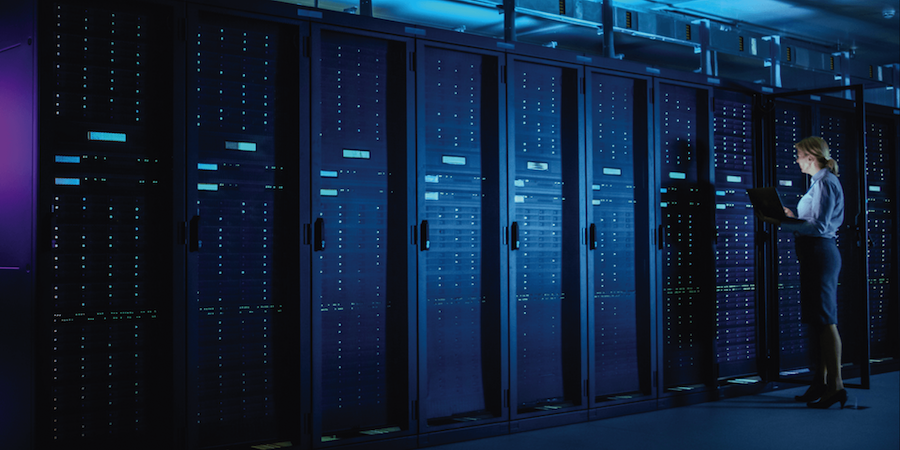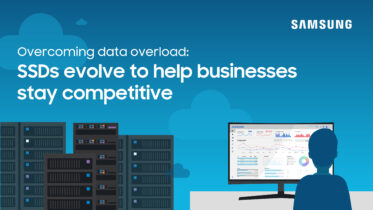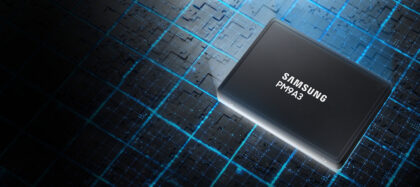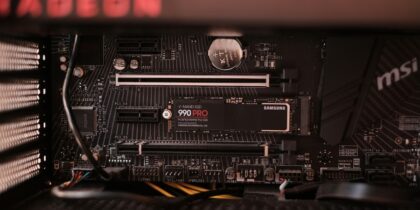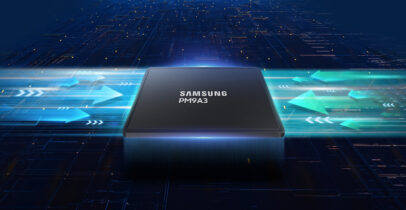Data center speed is critical for keeping up with today’s technical loads, and enterprises need to have the fastest technology available to keep up with growing demand. Many organizations are turning to solid state drives (SSD) to improve their data storage and strategies. However, with so many now on the market, it’s important to choose the right one for your needs, goals — and budget.
Data center needs
Samsung has multiple SSD offerings, each with a specific use case in the data center. In deciding which option would fit the needs of your data center, there are several questions you must ask. The most obvious one — how much capacity you’ll need — which will depend on how much data you have and generate.
You’ll also need to think about how often that data is updated — daily, hourly or up-to-the-minute — and the types of applications and use cases that will involve your SSDs. For instance, are you looking for something that can simply handle file and print functions, or something with more intensive capabilities, such as those required by databases? Do you need something that can handle applications such as virtual desktop infrastructure, AI and big data analysis? Finally, you need to figure out the throughputs that your applications require for optimum performance.
Get your complete guide to SSD management
Discover how to effectively adopt and manage SSDs in your organization with this ultimate guide. Download Now
Each Samsung SSD solves one or more of these needs with the best data storage solutions for enterprises. Take a look at the following SSD use cases paired with the Samsung drives best suited for them.
Upgrading from legacy
Rather than investing significant funds in entirely new computer systems, businesses and organizations can upgrade existing systems by installing an SSD into the hardware. SATA SSDs are ideal for this as they are compatible with older systems. While they are not as fast as NVMe® SSDs, they still provide a major improvement.
Samsung PM893 is a great example. This SATA SSD has a 2.5-inch form factor and is built off the proven V-NAND technology. Its 6GB/s SATA interface offers storage capacity up to 7.68TB. With maximum sequential read/write speeds of up to 550/520 MB/s and random read/write speeds of up to 98,000/30,000 IOPS, PM893 reaches the data center speeds needed to handle massive amounts of data. This drive caters to read-intensive and data-streaming servers and can deliver high-speed performance with greater reliability from end-to-end data protection.
Increasing speeds
Data centers with enterprise applications require powerful capabilities to achieve new levels of performance and smoothly deliver soaring speeds to extreme traffic for seamless data center operations — exactly what Samsung PM9A3 is designed for. This top-of-the-line NVMe drive delivers best-in-class PCIe® 4.0 SSD speeds. Its random write speeds of up to 200,000 IOPS and sequential read speeds of up to 6,900 MB/s can handle enormous amounts of data to power your most demanding data center and enterprise application needs. The drive also comes in E1.S, U.2 and M.2 form factors, as well as capacities from 960GB to 15.36TB, making it one of the best data storage solutions for enterprises.
Learn more about how NVMe optimizes SSD storage deployments for enterprise data centers. Also, consult tat the enterprise level.

